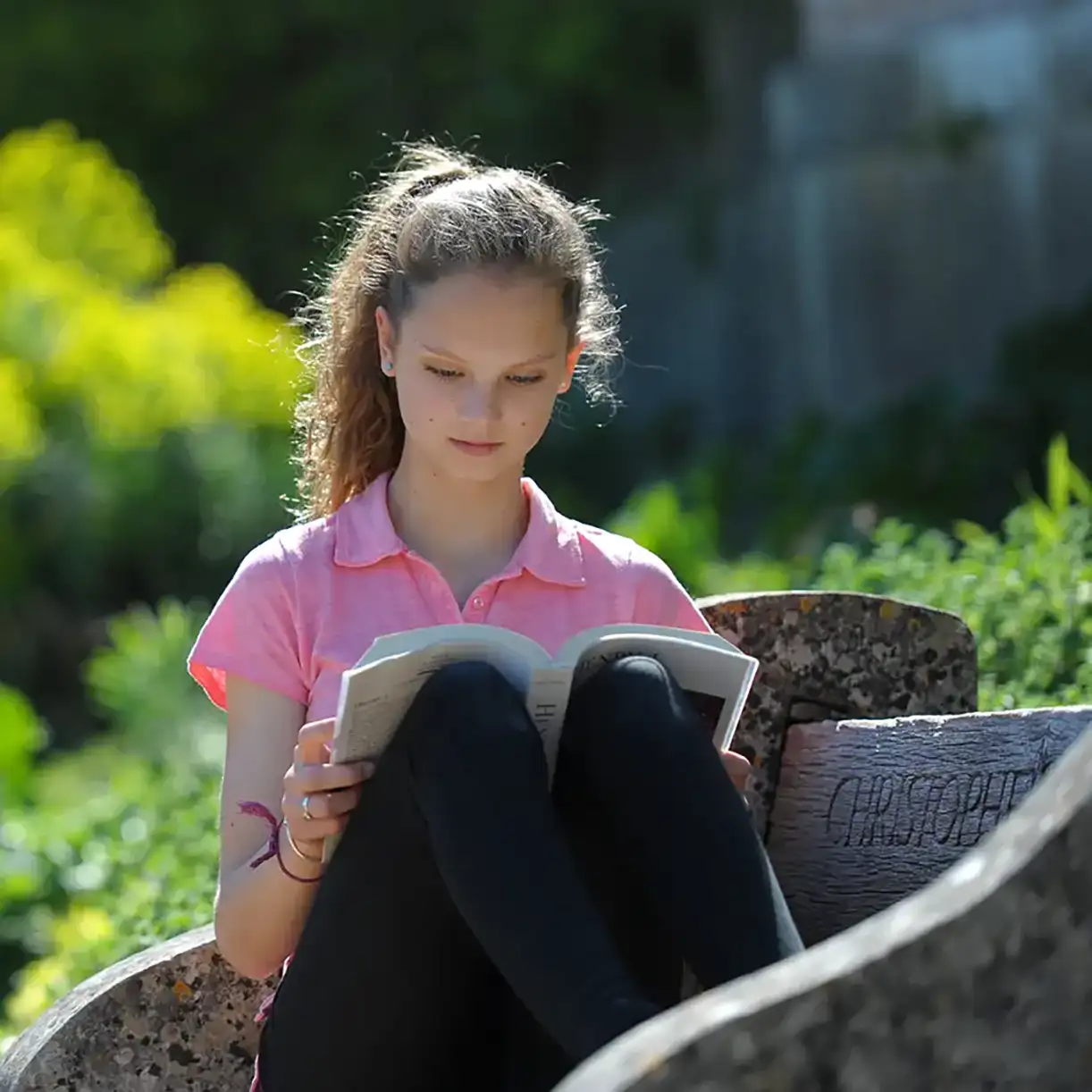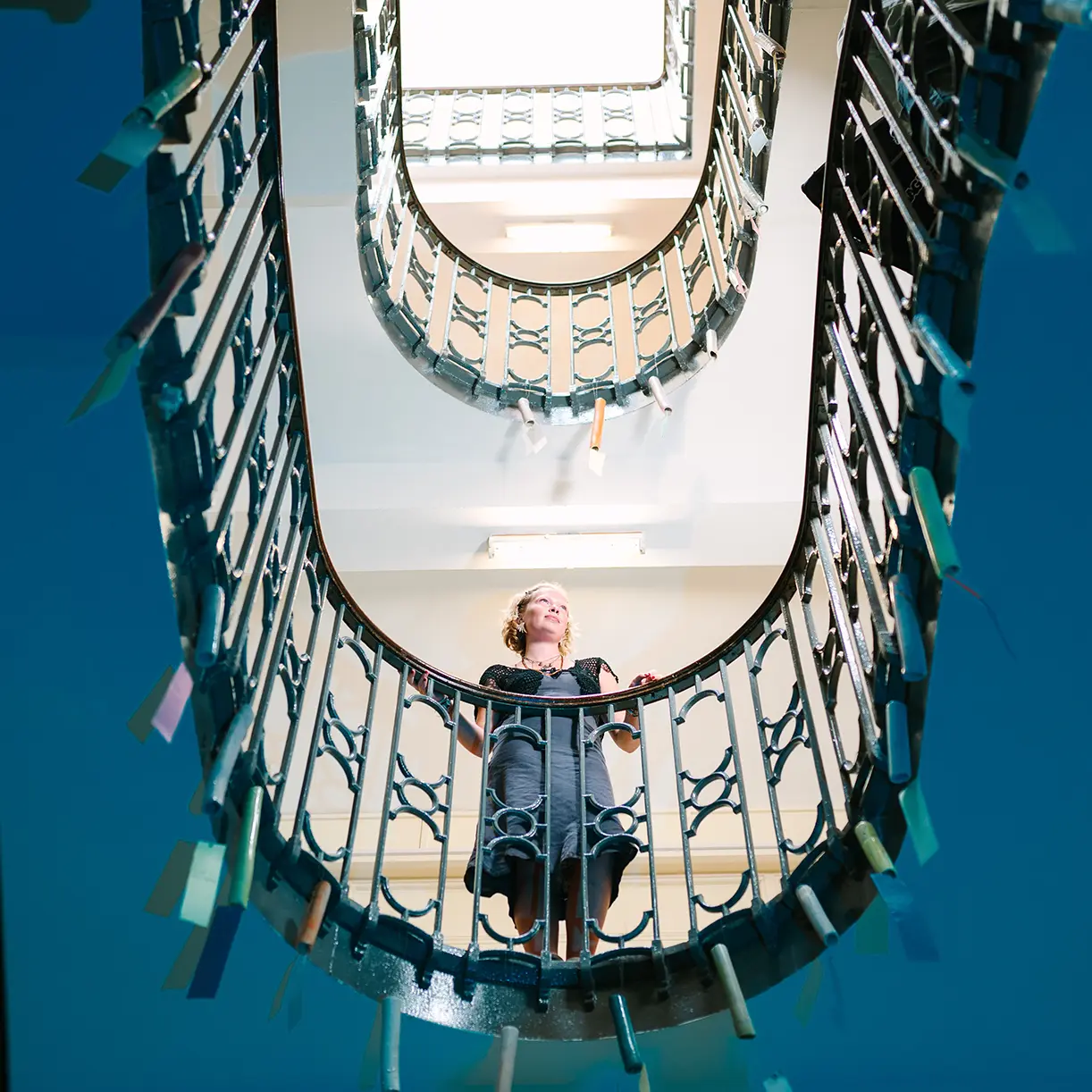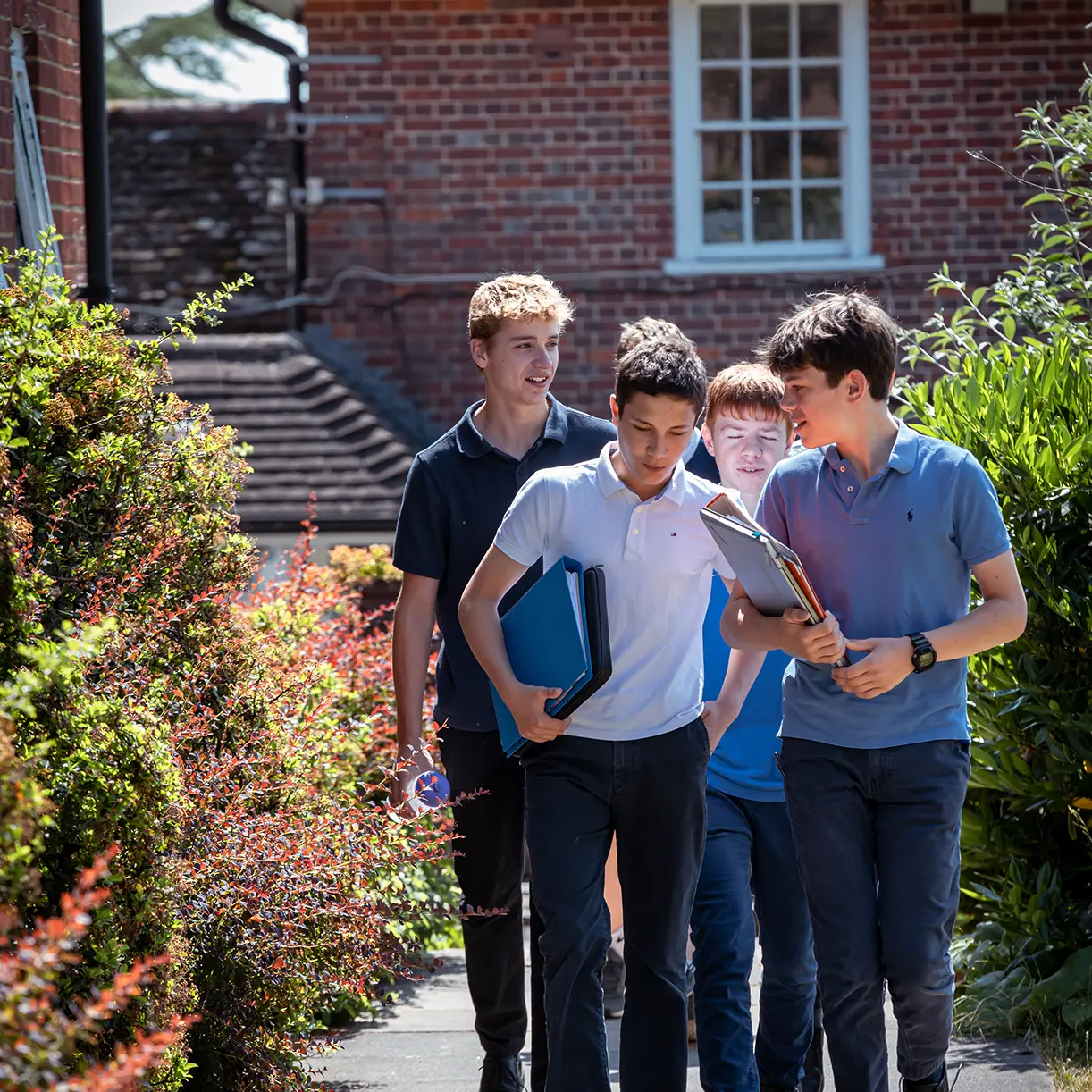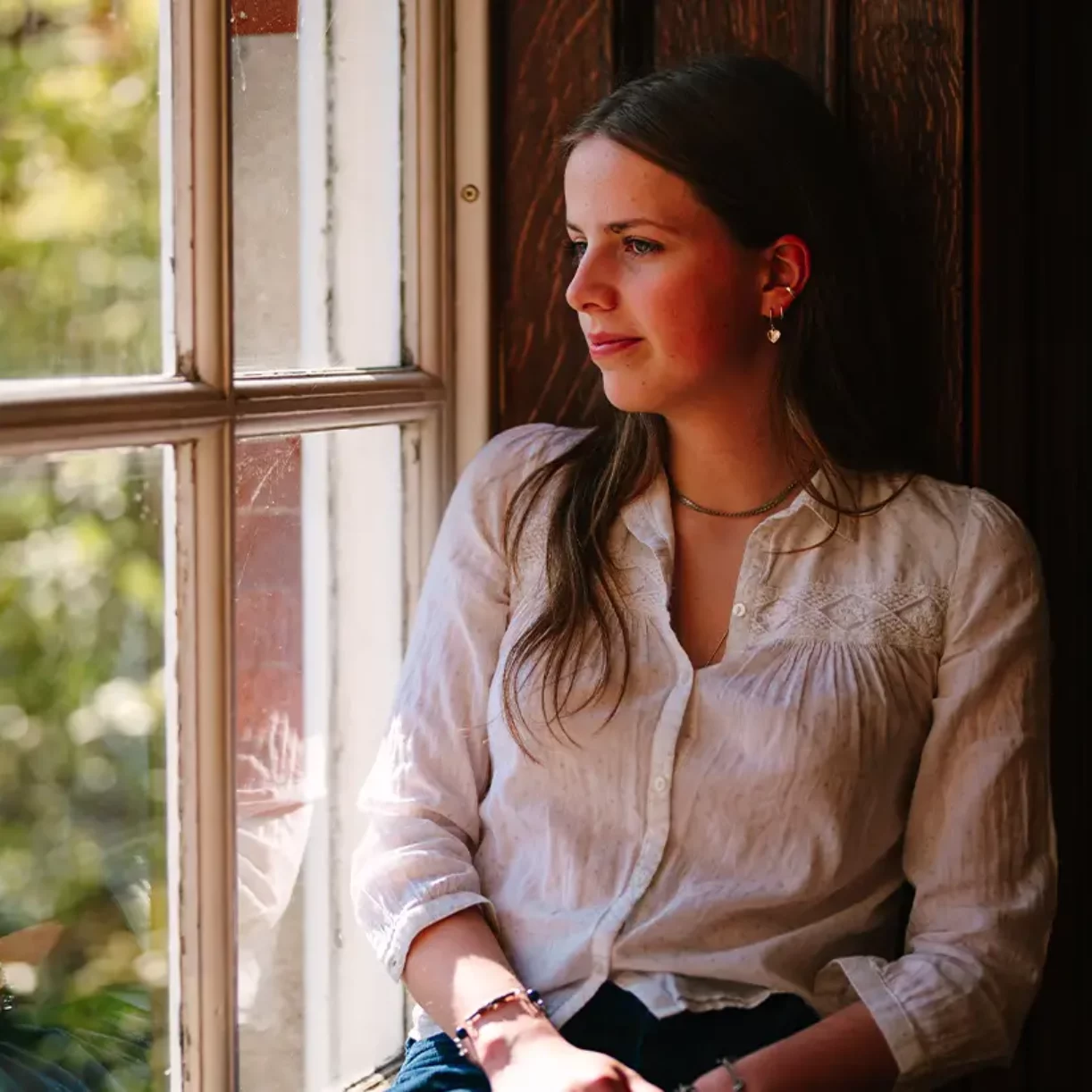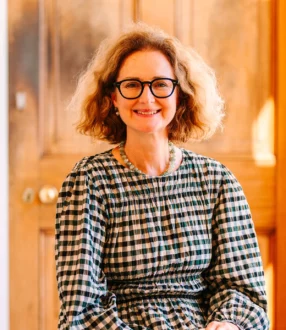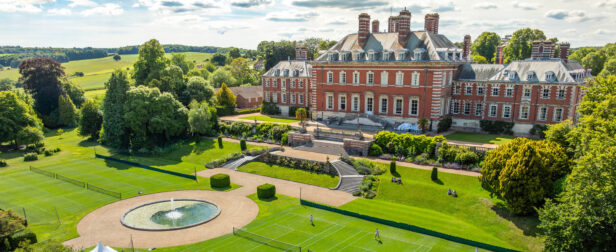The English department at Bryanston is all about books, stories and words. We seek to inspire a love of language and literature, and to foster pleasure in intellectual enquiry, individual research and wide reading.
We believe that if pupils read, they will learn to think for themselves. They are encouraged to read with an open mind, and to make personal, creative and thoughtful responses to literary works, to draft their own stories, plays and poems, and to write fluent, well-supported literary analysis.
We aim to show pupils that words matter, and to help them make connections between works, and the biographical, historical and socio-cultural contexts which helped shape them. We seek to give pupils a grounding in the canon of English literature, but also encourage them to read works by international and diverse writers. We value open and productive relationships with pupils, and place emphasis upon flexibility and individual progress.
